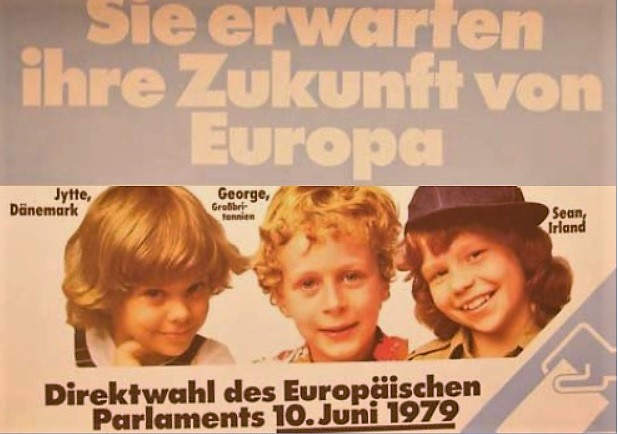My article on the effects of EP elections for political socialisation has just been published in the Journal of European Public Policy (JEPP). The respective replication files are hosted at Harvard dataverse.

Tackling a long-standing scholarly debate on the effects of voting for political socialisation, this article shows that the EP elections entail positive effects for political socialisation of first-time voters. I use the low-salience, secondary EP elections as a conservative test to assess whether the act of voting affects young individuals’ political interest and thereby accounts for the well-documented habitual character of individual turnout. The cross-national study uses an innovative quasi-experimental research design that compares two very similar groups of young voters that only differ from each other with respect to whether they came of age for the EP elections. The fact that some of the voters happen to turn eligible just before election day and some others happen to reach legal voting age slightly later creates a natural discontinuity among the adolescents: half of them had the chance to participate on election day and cast their first ever vote in the EP elections, while the other half of them did not. Based on the precise measure of their birthdates, the identification strategy, thus, exploits the exogenous variation in first-time eligibility for the EP election. I find that political participation results in a greater level of political interest among young individuals, an effect that is substantive in its size and persists for more than five years.